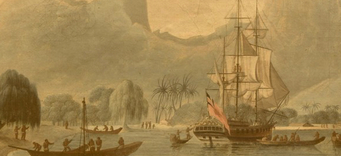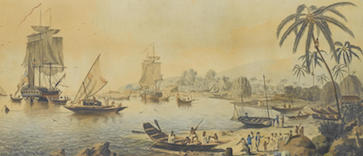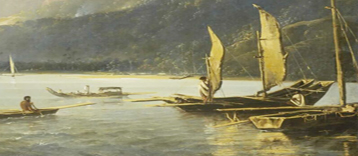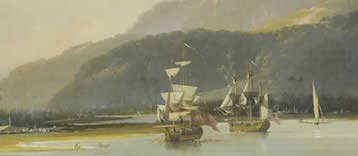The Research Unit
Research Agenda
The concept of adventure refers to an elementary nucleus of storytelling – ‘elementary’ in a narratological as well as in a psychological sense. Adventure occupies a special position amongst other basic literary concepts, as it is not only a genuinely narrative term, but also a term of distinctly medieval origin. The narrative, perceptual and experiential pattern that goes by that name has proved extremely adaptive, despite all the criticism levelled against it in the modern age. It has seen more than one literary renaissance and has crossed over into ever new areas of culture (like film, computer games, advertising, tourism, etc.). In such crossovers, the originally narrative character of adventure is often no longer taken into account.
Since that character is conveyed textually, a philology of adventure is required in order to assign it its rightful place within the anthropology of storytelling. Adventures are pathways forged in the thicket of contingency. They call for a reflection on chance, fate, daring, risk and the point of no return in storytelling, on our claim for meaningful sequence and on our ways of making sense. Situated on a phenomenological level, the concept of adventure also enables us to examine the libidinal aspect of narrative and address questions that cannot be asked in the established vocabulary of structural narratology.
In its first research phase, the research group placed the concept of adventure at the intersection of four methodological perspectives: literary history, the psychology of literature, narrative theory and fiction theory. The narrative articulation of three fields of experience which are of particular importance to adventurous storytelling – social order, violence and love – lies at the heart of the second research phase. A fourth focus area within this second phase, "Beyond Adventure", examines instances of self-limitation and self-transgression in the narrative formula of adventure.
Organisation
The Research Unit “Philology of Adventure” took up its work in April 2018 after being granted an initial funding period of three years by the German Research Foundation (DFG). In September of 2020, the DFG approved a second phase of funding, which began in the spring of 2021. In the current funding period, the research group brings together a total of eight sub-projects and one Mercator-project which cover an expansive historical range from late antiquity all the way to the 21st century and involve scholars from the fields of Comparative Literature, German, English, Romance philology, Slavonic Studies, German Medieval Studies, Religious Studies and Media Studies. Seven of the eight current sub-projects are based at the Ludwig-Maximilians-University in Munich, while the other is located at the Free University of Berlin.





